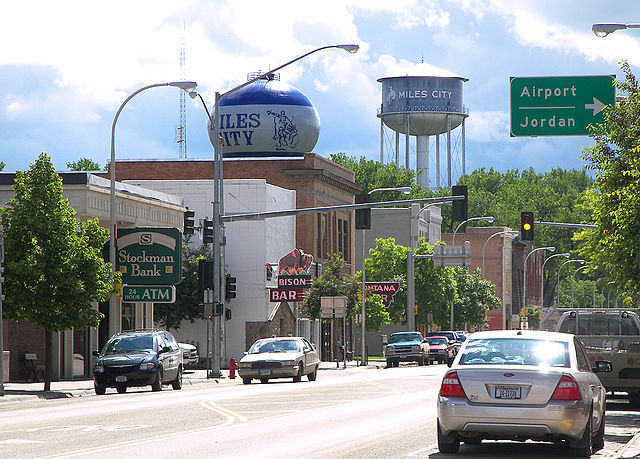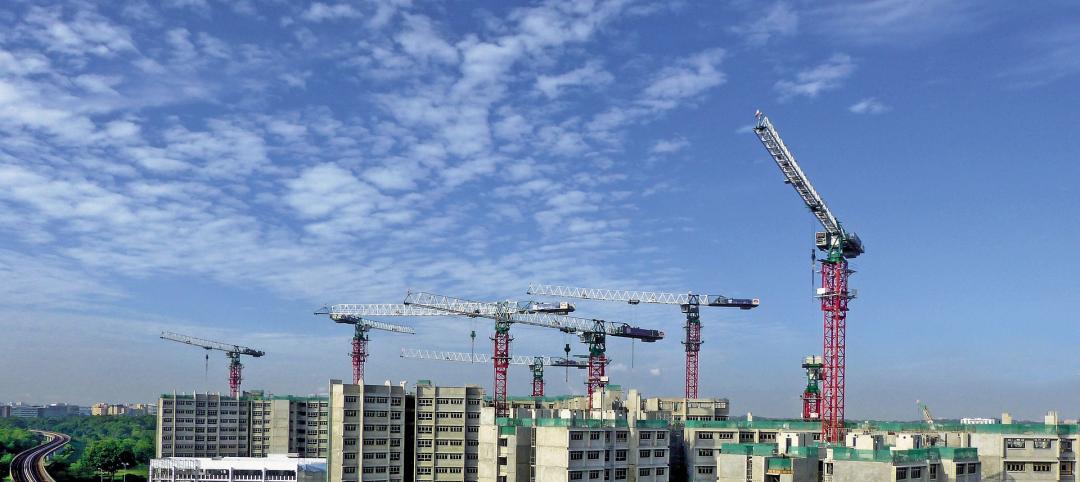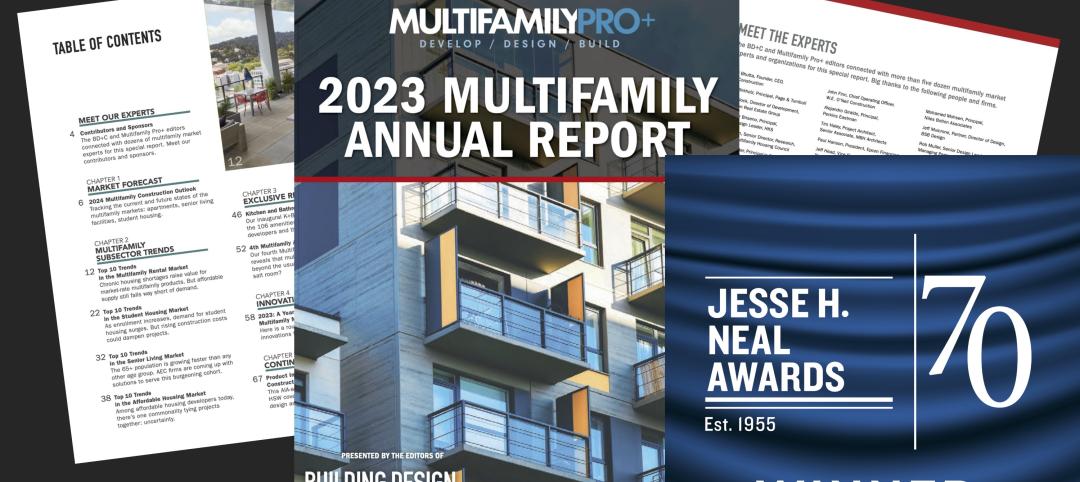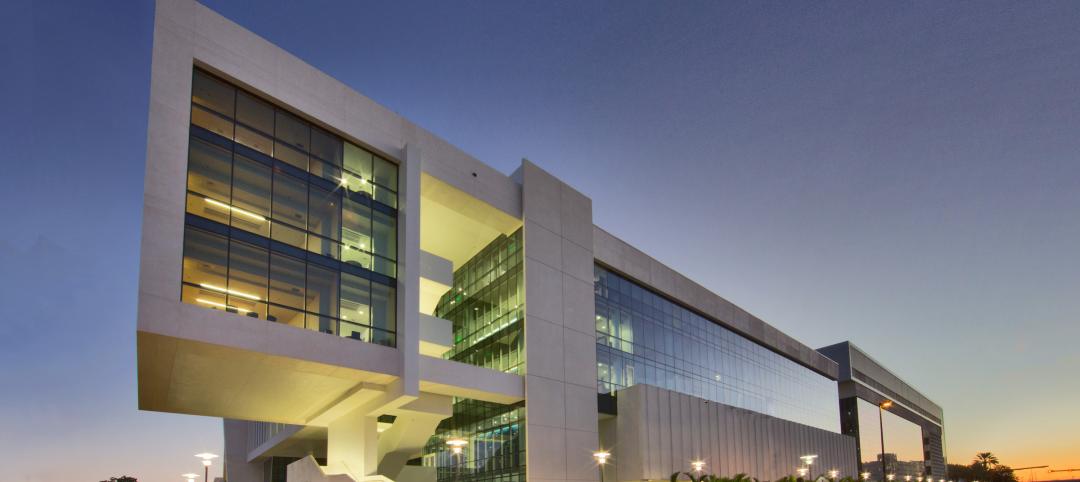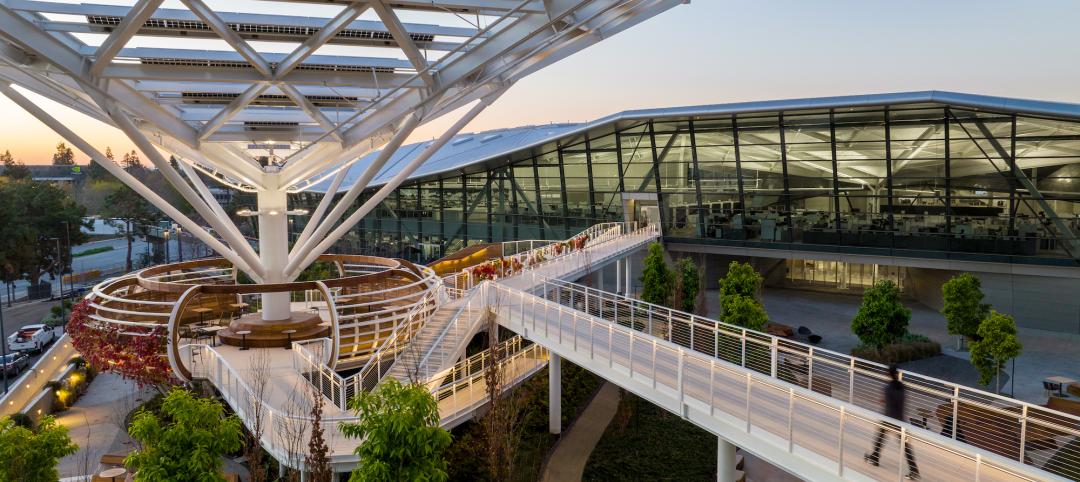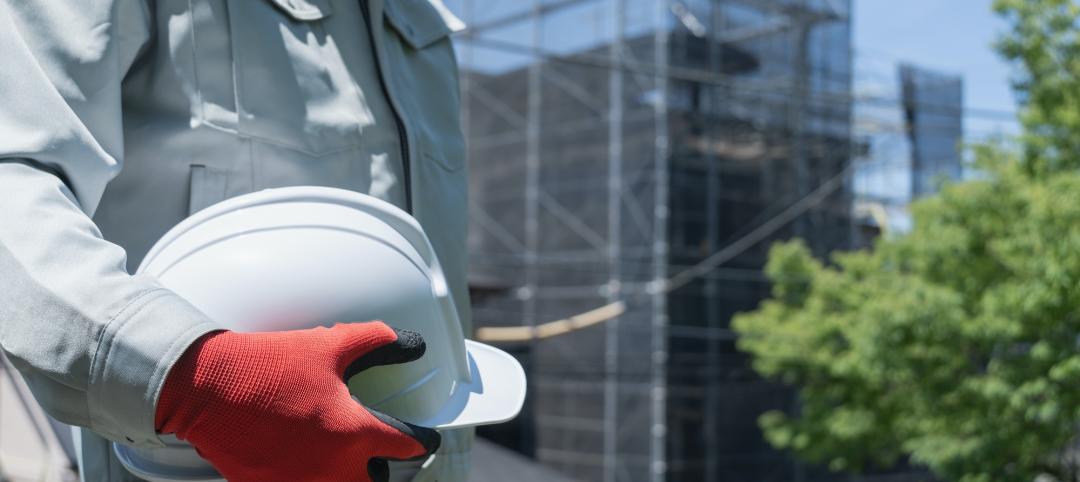In a report this week from its Council on Finance, Insurance and Real Estate (CFIRE), the National Institute of Building Sciences issued the findings and recommendations on the financing of small commercial retrofit projects for energy efficiency.
Small commercial buildings (generally defined as less than 50,000 sf) make up the majority of the nation’s building stock by both number and area (93.9% and 49.5%, respectively). Yet, despite this vast segment of the building stock, investments in energy-efficiency retrofit projects for small commercial buildings have lagged behind those for larger buildings.
The CFIRE report, Financing Small Commercial Building Energy Performance Upgrades: Challenges and Opportunities, identifies several barriers to investment in such retrofits. Key issues include the costs and complexity associated with relatively small loan sizes, as well as the challenge owners have in understanding and trusting predicted retrofit outcomes.
Conservatively estimated as a $35.6 billion market, investments in small building retrofits could yield the nation an estimated 424,000 job years of full-time employment and reduce greenhouse gas emissions by 87 million metric tons a year. Small building retrofits would also improve the resilience of the nation’s built environment and take pressure off the aging electric grid.
In addition to identifying the challenges, the report also highlights current programs and mechanisms that can be replicated or expanded to address the challenges.
The report recommends:
• Federal programs should be expanded and deployed to facilitate state and local energy retrofit financing efforts.
• Federal policy should encourage the development and testing of energy retrofit programs at the individual city, county or utility level.
• Public-private energy retrofit approaches should be encouraged in federal policy making.
• Federal, state and community policy makers should recognize local and property-level variations in designing energy efficiency programs that serve small businesses and others.
• Policy makers should leverage national Commercial Buildings Energy Consumption Survey (CBECS) data, as well as the growing quantity of voluntary and mandatory benchmarking and disclosure programs, to create more meaningful building performance databases.
• Utilities should be required to provide energy consumption data to property owners and tenants, including aggregate building level data for properties in which tenants are separately metered.
• Public policies and programs should be designed to anticipate the future aggregation of energy retrofit loans into bonds, and to provide the basis for appropriate loan documentation.
CFIRE released the report during its Annual Meeting, held during Building Innovation 2015: The National Institute of Building Sciences Annual Conference and Expo.
Related Stories
Resiliency | Sep 3, 2024
Phius introduces retrofit standard for more resilient buildings
Phius recently released, REVIVE 2024, a retrofit standard for more resilient buildings. The standard focuses on resilience against grid outages by ensuring structures remain habitable for at least a week during extreme weather events.
Contractors | Aug 21, 2024
The average U.S. contractor has 8.4 months worth of construction work in the pipeline, as of July 2024
Associated Builders and Contractors reported today that its Construction Backlog Indicator held steady at 8.4 months in July, according to an ABC member survey conducted July 22 to Aug. 6. The reading is down 0.9 months from July 2023.
Building Team | Aug 13, 2024
Don't miss out! 2024 Women in Residential+Commercial Construction Conference, September 18-20, Phoenix
This annual conference gathers 300+ women in construction for three transformative and education-rich days packed with industry speakers, AIA-accredited sessions, breakout education tracks, roundtable discussions, panels, and networking events.
Building Team | Jul 3, 2024
So you want to get published: What’s next?
In the AEC industry, securing media attention is no longer a niche endeavor but an essential component of a holistic marketing strategy.
Building Team | Apr 30, 2024
Building Design+Construction wins a 2024 Jesse H. Neal Award for editorial excellence
The editors of Building Design+Construction and Multifamily Pro+ were honored last week with a 2024 Jesse H. Neal Award for editorial excellence for their work on the “2023 Multifamily Annual Report.” The 76-page special report, published last October, won the Neal Award for Best Subject-Related Package.
Engineers | Sep 8, 2023
Secrets of a structural engineer
Walter P Moore's Scott Martin, PE, LEED AP, DBIA, offers tips and takeaways for young—and veteran—structural engineers in the AEC industry.
Giants 400 | Aug 30, 2023
Top 75 Engineering Firms for 2023
Kimley-Horn, WSP, Tetra Tech, Langan, and IMEG head the rankings of the nation's largest engineering firms for nonresidential buildings and multifamily buildings work, as reported in Building Design+Construction's 2023 Giants 400 Report.
Building Team | Aug 28, 2023
Navigating challenges in construction administration
Vessel Architecture's Rebekah Schranck, AIA, shares how the demanding task of construction administration can be challenging, but crucial.
Giants 400 | Aug 22, 2023
2023 Giants 400 Report: Ranking the nation's largest architecture, engineering, and construction firms
A record 552 AEC firms submitted data for BD+C's 2023 Giants 400 Report. The final report includes 137 rankings across 25 building sectors and specialty categories.
Senior Living Design | Aug 7, 2023
Putting 9 senior living market trends into perspective
Brad Perkins, FAIA, a veteran of more than four decades in the planning and design of senior living communities, looks at where the market is heading in the immediate future.


